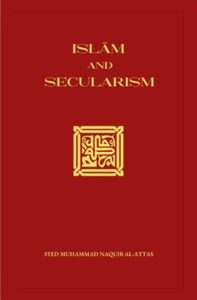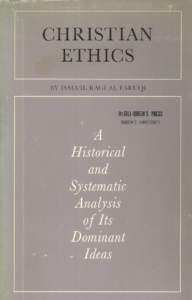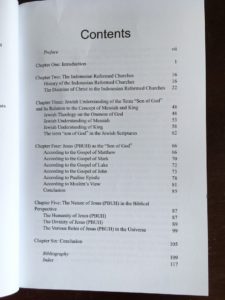
Note: This post was earlier published as an appendix to the post, Link – The Primacy of “Existence” over “Essence” : A Foundational Principle of Christian “Existential” Philosophy.
Our exposition of Aquinas’ thesis on the primacy of existence over essence provides a corrective to Malaysia’s premier philosopher, Naquib al-Attas, who claims that Aquinas’ misguided notion of distinction between existence and essence led to the development of nominalism (or Ockhamism) which denies the ontological reality of universals and asserts that universals are merely names (nomina) or abstract concepts.1Strictly speaking, Ockham’s view should be described as conceptualism rather than nominalism. Nominalism denies the real existence of universals; universals are merely names or conventional linguistic constructs. Conceptualism also rejects universals as existing independently in the external world. They are mental constructs or representations based on similarities or shared features observed among individual objects. Note that the mind plays an active role in forming universals by abstracting common features. Conceptualism represents the middle ground between realism (which posits independently existing universals) and nominalism (which denies the ontological or epistemological significance of universals entirely). However, the boundary between conceptualism to nominalism is blurr, given the proximity between language and mental concepts. Hence the suggestion that Ockham view be described as “conceptualist nominalism”. This denial results not only in doubts about the existence of objects but also the existence of God and ultimately gives birth to Western secularism.2Note that Naquib asserts that Aquinas’ distinction of essence or quiddity from existence is based on a misunderstanding of Avicenna’s position since for medieval Islamic philosophers, essence and existence are not radically separated; rather, they are unified in a manner that reflects the interconnectedness of all creation with the Creator. However, the fact remains that existence for Avicenna (as he was read by Western philosophers in the 13th century) is not a constituent of the essence of anything, that is, existence is an accessory accident which must be conferred upon a thing by an external cause in order that it may exist. The validity of historical interpretation of Avicenna may remain an open question, but the logical implications of Avicenna’s view as understood then were correctly drawn out by Aquinas. Naquib writes, Continue reading “A Corrective to Syed Muhammad Naquib al-Attas’ Misreading of Aquinas’ Philosophy in his Book, “Islam and Secularism””











